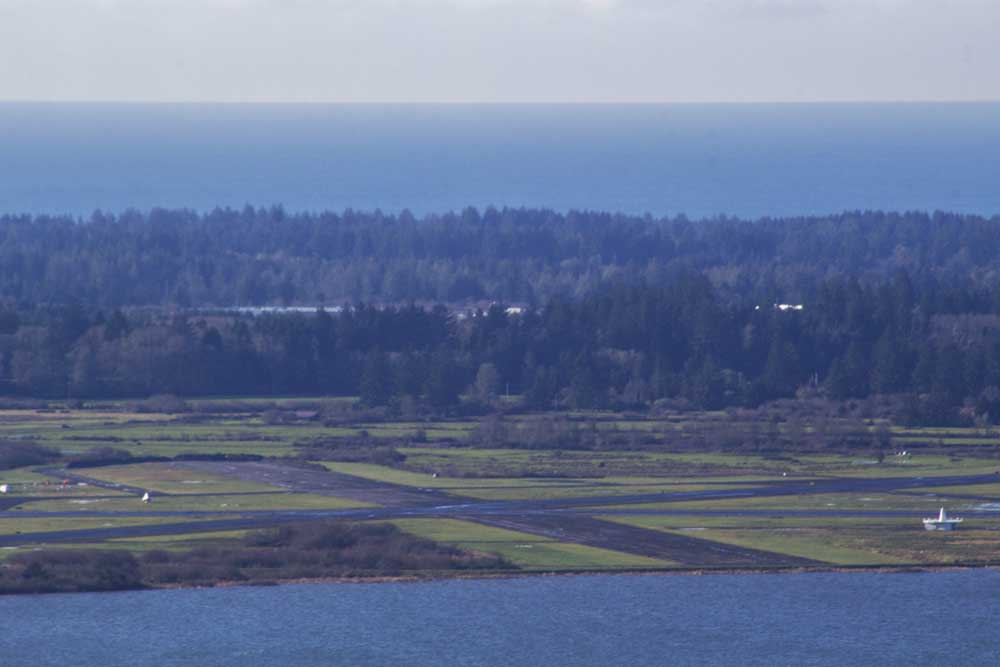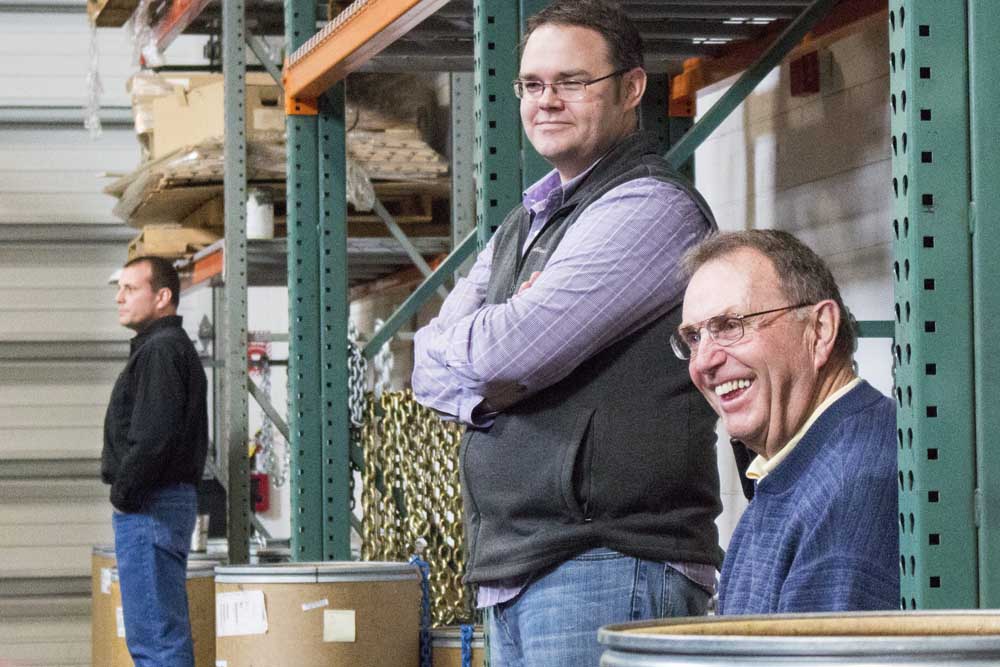Our View: A step forward on climate change
Published 12:30 am Saturday, February 8, 2020

- A coalition that fought new flood plain rules suffered a setback in federal court.
Oregon has the chance to make progress on reducing greenhouse gas emissions that influence climate change.
Trending
The new version of cap and trade in Salem is a step forward.
Senate Bill 1530 would put Oregon on a path to reduce greenhouse gas emissions 45% below 1990 levels by 2035 and 80% below 1990 levels by 2050. The bill would set a cap on emissions that would decline over time. Industrial polluters would have to acquire allowances or offsets for emissions, and could buy and sell those allowances, providing a market-based incentive to convert to cleaner energy.
In a significant improvement over House Bill 2020, which failed in the Senate last year, the bill recognizes the state’s regional economic differences.
Trending
Carbon pricing for fuel would start in the Portland metro area in 2022 and expand to Bend, Klamath Falls and counties west of the Cascades — including Clatsop County — in 2025. Other counties could opt in and it would take 20 counties before the regulation takes effect statewide, a buffer for rural areas against rapidly rising fuel costs.
The Legislature took a similar geographic approach to setting the minimum wage.
We opposed HB 2020 last year, primarily because we feared higher fuel costs would have had a disproportionate impact on rural communities. The new version is more sensible.
Our other significant worry remains the potential impact on the Georgia-Pacific Wauna Mill, which employs more than 700 people in Clatsop County. Legislators have shown an interest in listening to industry — and have already made several exceptions — and we are hopeful the hearings this month will lead to amendments that make the bill more palatable.
We are disappointed by the politics surrounding this important issue.
Walkouts by Senate Republicans, and Gov. Kate Brown’s threat to force regulation through executive order, are counterproductive. #TimberUnity, which grew out of protests by loggers and truckers, can provide a genuine voice for rural people who often feel left out in Salem. But the grassroots movement is in danger of being co-opted by political opportunists.
Apocalyptic language — on either side of the debate — makes it difficult to reach consensus on the public policy changes necessary to address climate change.
In an ambitious feat for a small newspaper, The Astorian published a series of articles on climate change in 2006 that warned of the potential impact of sea level rise on people living on the North Coast. The newspaper, along with our sister publications in EO Media Group, is updating that series this year to see how the data has evolved.
We accept the scientific consensus that climate change is occurring and the primary driver is greenhouse gas emissions from human activity.
Legislators laid the groundwork for cap and trade through HB 2020 and spent the past several months working on revisions after hearing criticism. This is the kind of complex public policy that should be crafted by a deliberative body like the Legislature, rather than through executive order by the governor, or through the ballot box by voters.
We no longer agree that Oregon should wait for the federal government — or other countries — to find a national or global solution to climate change. As California and a coalition of states in the Northeast and Mid-Atlantic have shown, states can be incubators for cap and trade and other innovative ideas, like capping emissions from power plants and transportation, to encourage cleaner energy.
Critics who object to some of the specifics of the bill should take the opportunity to suggest alternatives to the Legislature. The time for obstruction is over.









